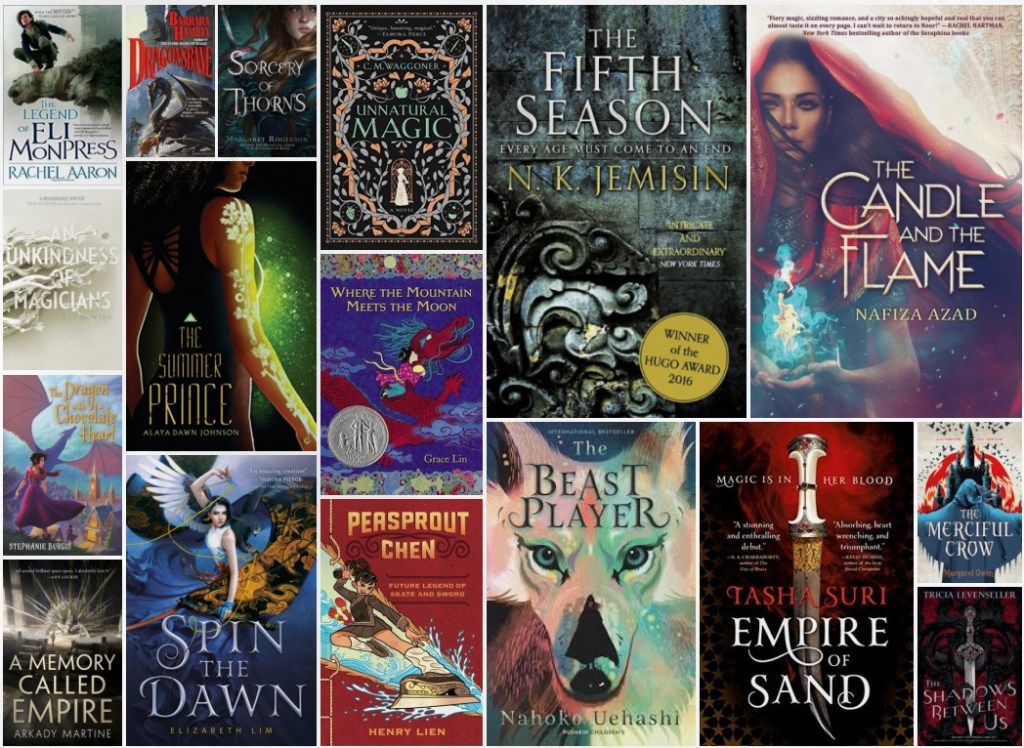For my Sirens faculty interview, Faye Bi started out by asking me, “If you had to describe your “reading profile” to a stranger (or to a bookseller, librarian, or other gatekeeper), what would you list as some of your favorite themes, subgenres, or tropes in fantasy literature? What makes a “Casey book”?”
This, my friends, is called being set up. ?
Women in SFF Who Dream Big Dreams
and Don’t Let Anyone Stop Them
Surprising exactly no one, I duly erupted a book list full of some of my favorite ambitious women characters in SFF. My recommendations of books by mainly women authors is now up, titled “Women in SFF Who Dream Big Dreams and Don’t Let Anyone Stop Them.”
That’s my brand in a nutshell.
Here’s the more detailed explanation of what I actually answered in the interview: the kinds of stories I want to read, and to write.
These days the story features grabbing me most are ambition, irreverence, and radical compassion. Often in combination: There’s nothing quite as satisfying to me as a woman who doesn’t hesitate to dare to give the finger to anyone who would keep her down, who lifts up others as she rises, who understands from the start that she’s valuable, and who is unabashedly competent—as well as inspiring—by virtue of existing without shame in the world we live in and taking up narrative space.
You can probably tell by how I frame that that what I personally look for in any books are excellent characters—not necessarily likable, but depicted in nuanced and interesting ways. I’ll forgive silly plot holes and unrealistic world-building if I care about the characters’ journeys. The specific tropes I respond to are necessarily informed by how they have worked or failed for me in media I’ve consumed historically, and over the years my fantasy tastes have broadly morphed from “whatever shounen anime and epic fantasy I can find” to “shadowy worlds and darkness are Cool” to “holy shit The Goblin Emperor.” They’re all part of me: A shounen-passion-style protagonist who triumphs in spite of all odds through sheer determination is always going to speak to me; I’m a sucker for dark lords and secret guilds of assassins; and a character who can bring people together toward difficult growth and actively reckons with oppressive legacies is inspiring.
Ultimately, a Casey book is fun to read, makes me think, and prominently features women characters owning their power. It’s hopeful without making light of real problems. If you have an action-packed story about a woman burning down the patriarchy with magic, I’m pretty much set.
You know what, I feel like you planned this, but now I have a book list for you: Women in SFF Who Dream Big Dreams and Don’t Let Anyone Stop Them. Those are Casey books.
Exclusive Sirens Faculty Interview, 2020.


